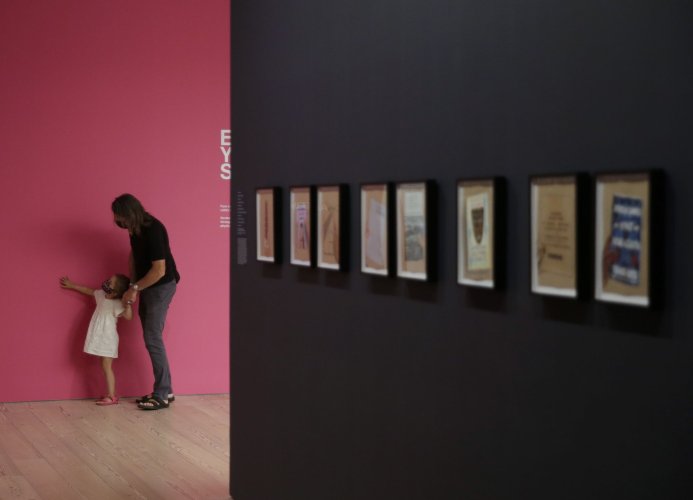May 18 (UPI) -- The United States harshly criticized the World Health Organization's response to the coronavirus pandemic Monday, saying the global agency's "failure cost many lives."
U.S. Secretary of Health and Human Services Alex Azar, speaking during the WHO's two-day virtual World Health Assembly, repeated criticisms of the organization made last month by U.S. President Donald Trump, who pulled its funding after accusing it of "mishandling" and "covering up" the coronavirus outbreak.
"In an apparent attempt to conceal this outbreak, at least one member state made a mockery of their transparency obligations, with tremendous costs for the entire world," Azar said, apparently referencing China.
"We saw that WHO failed at its core mission of information sharing and transparency when member states do not act in good faith. This cannot ever happen again," he said.
The U.S. criticisms came after WHO's leader promised an independent investigation into its response to the coronavirus pandemic so that mistakes made during the health crisis are not repeated.
WHO Director-General Tedros Adhanom Ghebreyesus said in opening remarks the inquiry will begin at the "earliest appropriate moment" and will review "experience gained and lessons learned" and make recommendations for how to improve "national and global pandemic preparedness."
The COVID-19 outbreak began in December in Wuhan, China.
Ghebreyesus said the WHO is "committed to transparency, accountability and continuous improvement" and urged more international support.
"The world doesn't need another plan, another system, another mechanism, another committee or another organization," Ghebreyesus said. "It needs to strengthen, implement and finance the systems and organizations it has -- including WHO."
Since the start of the pandemic, more than 4.7 million cases and 315,000 deaths have been reported.
Monday's assembly is a gathering of delegations from all 194 member states who meet each year to set the WHO's policies and approve its budget. For the first time, the 2020 assembly is meeting virtually and has been compressed into two days.
After a plenary session on Monday, resolutions from individual delegations will be introduced Tuesday. Attention will be focused on a draft resolution backed by the European Union and Australia that calls for an investigation into the origins of COVID-19.
Chinese President Xi Jinping on Monday said Beijing supports a comprehensive investigation, as long as it's "objective" and "impartial."
Xi also said China will give $2 billion over two years to help with the COVID-19 response and economic and social development in affected countries, especially developing nations.
Australia last month called for an independent investigation to determine how the pandemic started, which drew an angry response from China that accused Canberra of "ideological bias and political games" at a time of worldwide emergency.
More than 120 countries have signed on to the resolution.
China also came under pressure from a U.S.-backed resolution pushing to grant Taiwan "observer status" at the assembly. This, too, was opposed by Beijing, which has long considered Taiwan a renegade breakaway province rather than an independent nation.
The assembly was scheduled to vote Monday on the proposal, but Taiwanese Foreign Minister Joseph Wu said Taipei has dropped the effort. Wu said the proposal was unlikely to be included in the assembly's shortened agenda.















